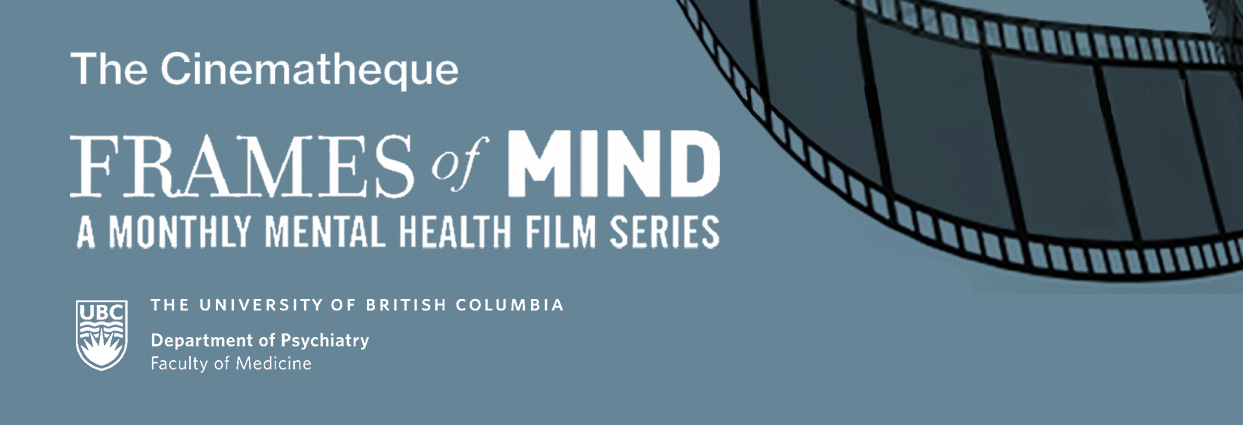The Psychotherapy Program Committee of the University of British Columbia Department of Psychiatry is interested in increasing the number of supervisors for resident supervision of long-term psychodynamic psychotherapy.
The guidelines used for selecting supervisors include the following:
- previous training and other continuing education in psychodynamic psychotherapy or psychoanalysis
- psychodynamic psychotherapy being a significant part of one’s weekly work
- length of time practising psychodynamic psychotherapy as a significant part of one’s weekly work
- having received or currently receiving ongoing psychotherapy supervision after graduation
- experience in personal psychotherapy or psychoanalysis to complement one’s psychodynamic or psychoanalytic training
- experience in teaching and supervising psychodynamic psychotherapy
- willingness to attend a monthly psychodynamic psychotherapy supervisors’ group
- having participated and willingness to participate in other continuing education activities related to psychotherapy supervision and psychotherapy
The above elements are reviewed from an integrative perspective, rather than each item being a mandatory requirement. The committee understands that training histories, current work circumstances, and demonstrated interest in psychodynamic therapy vary among applicants. The committee will assess the fit between any applicant and the needs of the training program on a case-by-case basis.
Please note that all potential supervisors must have the following qualifications:
- being licensed and in good standing with a British Columbia College governed by the Health Professions Act
- providing direct patient care at a BC Health Authority or other public agency site if applicant is a health professional not governed by the Health Professions Act
- having or being prepared to apply for a clinical faculty appointment at UBC
If you are interested in exploring the possibility of becoming a long-term psychodynamic psychotherapy supervisor for residents in the Department of Psychiatry at UBC, please contact Dr. Paul Steinberg at the following email address: paul.steinberg@ubc.ca. You are invited to include any questions you may have about psychodynamic psychotherapy supervision in your email. You will be asked to fill out an application form that will be reviewed in a timely manner by the Psychotherapy Program Committee.





